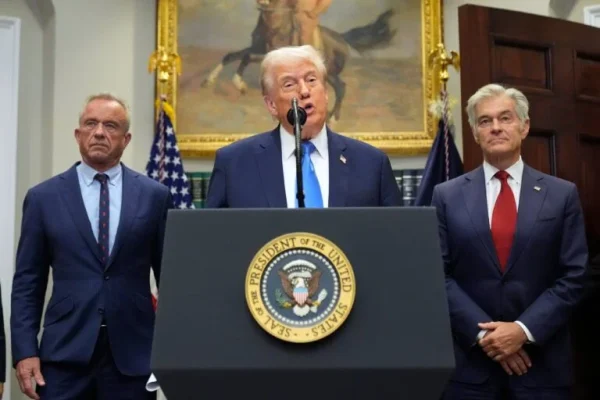COP27 kicks off in Egypt as leaders discuss the climate crisis
November 12, 2022
The 27th annual United Nations Climate Change Conference, also known as the Conference of the Parties (COP) is taking place in Egypt this year. COP27 officially began on Nov. 6 and is scheduled to end on Nov. 18. Delegates have gathered in one of Egypt’s most popular resort towns, Sharm El-Sheikh, alongside the coast of the Red Sea. Many important American figures and politicians will be in attendance at the 27th Climate Conference, including President Joe Biden, Nancy Pelosi, and Former Vice President and environmentalist Al Gore.
One of the major topics world leaders are tackling this year is settling agreements on who is financially responsible for the losses and damages of climate change in vulnerable nations. There is a large consensus that wealthy countries, such as the United States and parts of Europe should be financially responsible for the world’s climate projects and costs of damage, such as extreme flooding that we’ve seen in places such as Pakistan, earlier this year.
The United States is responsible for more than 20 percent of the world’s carbon emissions, even though it only inhabits five percent of the world’s population. Such statistics regarding extremely high carbon emissions coming from countries like the U.S., China, Russia, India and Japan, among others, have long-time prompted the Global South to urge the world’s wealthiest nations to take financial responsibility for environmental projects and damage across the globe.
The global south has called upon financial contributions from the west for many decades; however, there hasn’t been much action until the last few years, when climate change has become increasingly hard to ignore. With deadly floods, harsh heat waves and extremely hard-hitting natural disasters, there has been less room for opposition.
Many countries including Austria, Belgium, Denmark, Germany and Switzerland have promised to contribute amounts ranging from $2 million to $200 million in efforts to assist developing nations in coping with the effects and funding projects to provide more “green” alternatives to living.
French President Emmanuel Macron expressed his frustration at the lack of non-European monetary contribution, “‘Europeans are paying… We are the only ones paying.’” A few days following President Macron’s statement, President Biden committed $150 million to climate adaptation projects in Africa.
President Biden arrived in Egypt on Nov. 11, one week after most other leaders. In his speech, he discussed America’s climate policy, the Inflation Reduction Act and America’s commitment to reduce its carbon emission by 50 percent before 2030. The policy is mostly focused on discouraging car transportation when possible and transforming the U.S. into a predominantly electric-running country, turning to electric cars, buses and more energy-efficient buildings and homes.
“There has been a significant increase in vehicle use since the pandemic started. There are so many reasons why people are using cars as their transportation now, especially in NYC where subways are not as safe as they once were,” says University student Fatima Basit, majoring in Psychology with a minor in Biology. “Biden needs to create a plan for people who drive and how they can decrease vehicle energy consumption,” she continued.
The White House announced its initiative to minimize methane and carbon dioxide emissions alongside the EU, the UK, Japan, Norway and neighboring Canada. And despite promises from the United States and others, carbon emissions are rising furiously, threatening to reach the 1.5 degree Celsius threshold within less than a decade.
In spite of global carbon emissions decreasing almost five percent during the height of the pandemic, when the demand for transportation significantly declined and the majority of international flights were canceled due to lockdowns across the globe, the return to normalcy has quickly erased the drop in emissions. Perhaps spending a longer time in strict lockdown could have benefitted the climate in the longer term; however, the economy’s state discouraged lawmakers from extending it.
This year’s COP is not the first time the world has initiated policies, commitments and agreements to prevent global warming. Leaders have been warned long before evident signals of disaster began to appear through droughts, floods and deadly heat waves. People are beginning to wonder how long it will be before conferences like this turn into action.
It’s critical that small communities work towards environmentalism. Basit graduates this Spring and emphasizes the need for the University to contribute to a greener initiative, “ I would love to see Pace become greener… We need to create classrooms with zero waste. Pace should plant a rain garden in the courtyard with the ecologist professors at Pace. It is essential to help students on campus to understand why recycling is important.”
Climate change is becoming more of an emergency by the day. Annual UN conferences are certainly a start, but with countries around the world falling short of climate goals, there is room for much more.













